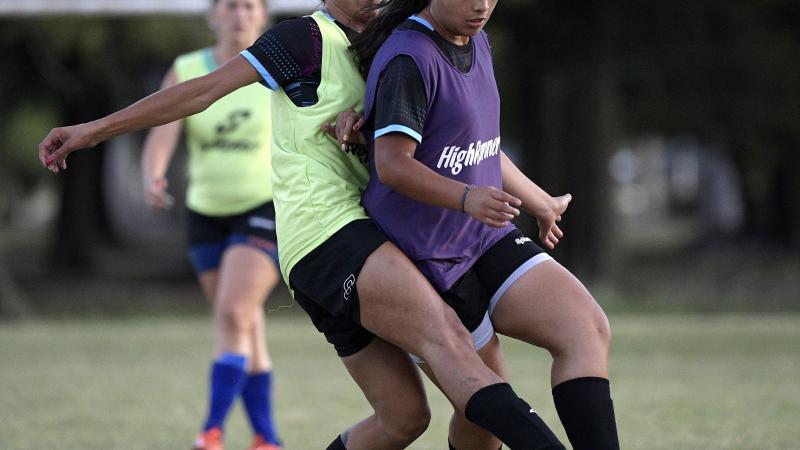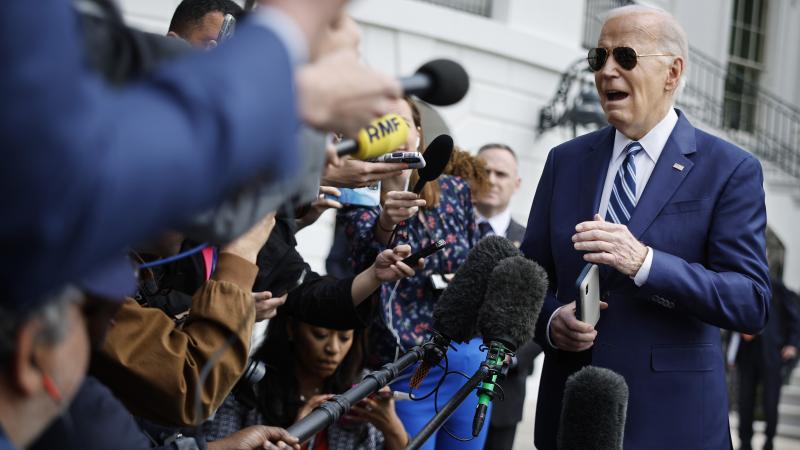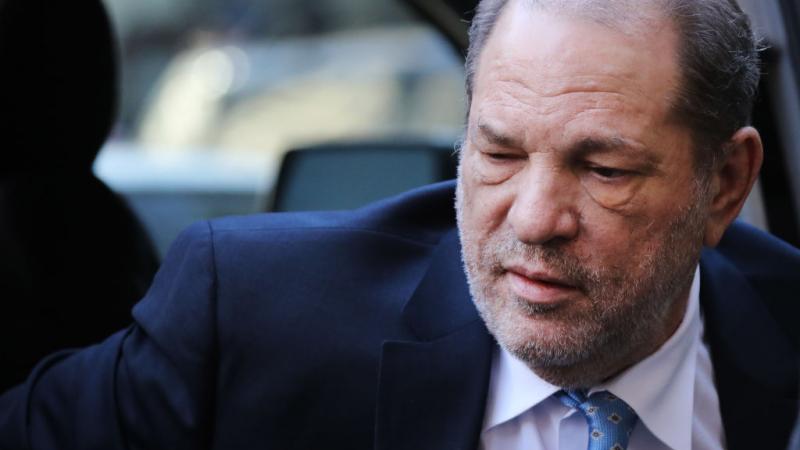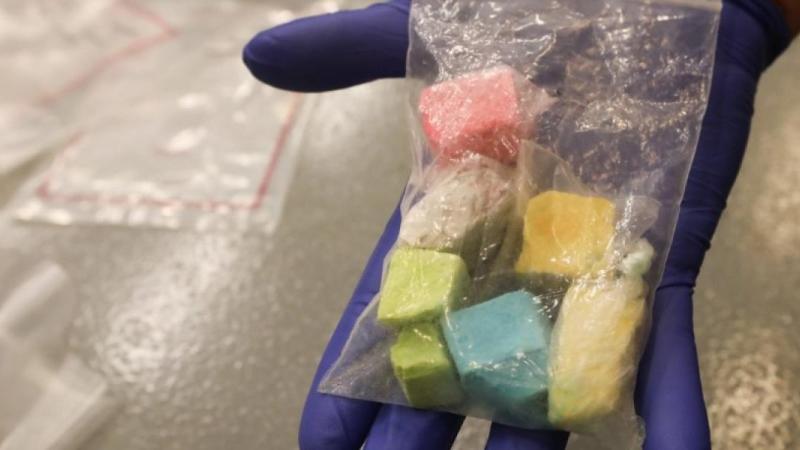North Carolina legislative leaders want state Supreme Court to intervene in felon voter case
Timing of case is important because the composition of Supreme Court, which is currently dominated by Democrats 4-3, will change after the November election.
(The Center Square) -
Legislative leaders are pushing back on an attempt by voting rights advocates to expedite a Supreme Court case involving felon voters.
Plaintiffs in Community Success Initiative v. Moore have repeatedly urged the state's highest court to speed up the case, which centers on when roughly 56,000 felons regain the right to vote in North Carolina.
Plaintiffs allege a 1973 law that requires felons to complete post release probation or parole to regain their rights is racist, and want the Supreme Court to confirm a trial court order in their favor that states "if a person otherwise eligible to vote is not in jail or prison for a felony conviction, they may lawfully register to vote in North Carolina."
Republican lawmakers defending the law have countered the alleged racist motivations of the 1973 law by pointing out it was sponsored by Democrats with the backing of three black lawmakers and the NAACP. Lawmakers have cited a provision of the North Carolina Constitution that stipulates convicted felons must be "restored the rights of citizenship in a manner prescribed by law," and doing away with the 1973 law eliminates the only avenue to re-enfranchisement.
The timing of the case is important because the composition of the Supreme Court, which is currently dominated by Democrats 4-3, will change after the November election, which features races for two seats on the high court.
The Supreme Court could shift to a Republican majority after the election, as Republican candidates are currently leading Democrats. A Civitas Poll released last week puts Republican Richard Dietz at 44.5% over Democrat Lucy Inman at 40.5%, while Republican Trey Allen is leading Democrat Sam J. Ervin 46% to 38.9%. The results showed 15% of those polled remained undecided in both races.
Plaintiffs in the case want the Supreme Court to hold arguments "as soon as feasible in October or November if possible," The Carolina Journal reports.
An appeals court panel already ruled in April felons on parole or probation can vote in November.
"After failing to attain a breakneck briefing schedule, Plaintiffs now seek a breakneck argument schedule," according to a brief from legislators filed Tuesday. "The ostensible basis for their request is the 'changed circumstance' presented by an argument raised in Legislative Defendants' briefs in this appeal. But Legislative Defendants have raised that same argument in every one of the many substantive briefs they have filed in this case over the last year. Plaintiffs' new motion is nothing more than a baseless second attempt at expedition, which this Court already has properly denied."
Felon voting advocates have argued in court filings the case could create confusion regarding felons' voting rights, and have cited alleged "threats of criminal prosecution" that could "improperly intimidate and deter lawful North Carolina voters from registering and voting," according to Journal.
Legislative leaders countered that claim in Tuesday's filing, arguing lawmakers cannot initiate criminal prosecution.
"Nor do Legislative Defendants assert that any felons should or will be prosecuted for voting in reliance on the" court order, the brief read.
"What our briefs do contain are multiple reasons why the (court) lacked authority to enter that order and thus why the order should be vacated for future elections, one reason being that the order could not and does not redress Plaintiffs' alleged injury," the brief read.













